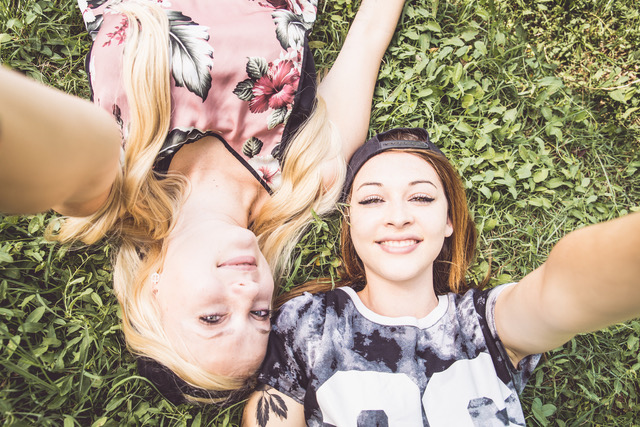Playing It Safe On And Offline
Halloween has rolled around too fast for me, not enough time to get with the programme, at least that is my excuse. The truth be known I have never been a big Halloween fan but growing up, I loved a sweet or two now and again and a party or two as a teenager and then young woman, so I happily kitted myself out and went along with the gruelling fun.
But I could not do the haunted houses, the scary movies, etc… and still don’t. I just don’t find the pulse racing, adrenaline pumping, nerve jittering moments much fun.
And fun was always the key for me but as I get older, enjoying Halloween has become as much about staying safe as it is having fun. In the pre-Internet days, staying safe on Halloween and in general was a bit more local, if you will, but nowadays, staying safe goes far beyond stepping out of the front door, though the latter is no less important.
But with the accessibility of the Internet, there is no need to leave home to find yourself in an unsafe space on or off Halloween. In our podcast with E-safety Expert Charlotte Aynsley, we discuss some of the obvious unsafe spaces such as sharing explicit images and cyber bullying.
And there are many others. For example, the space of glorifying self-harm and suicide. This week, Ian Russell, father of Molly Russell, who committed suicide at 14, continues his quest to ensure that self-harm propaganda is off the Net. And as Aynsley pointed out in On Internet Safety, the authorities continue to make progress in general in keeping the Internet Safe, but there is a long road to travel, as it is a not an easy task, dealing with a world which is not necessarily regulated.
Another troubling area on the Internet has to do with Body Image. In some instances, as pointed out by Leah in our podcast On Being A Teen Girl Now, some of the pressure to have a certain kind of body comes from advertisers stalking teenage girls, if you will. Imagine a message or ad about being thin elusively cropping up on your page. Inappropriate no matter how you look at it but that much more to target young vulnerable girls.
Again, the authorities are cracking down on this sort of thing. Still work has to be done on all sides—education being a big, big part of progress. The key here is that all unsafe spaces don’t look unsafe.
For example, issues around Body Image can come from the close connections–wanting to look and be a certain way because you believe that everyone else has the look, albeit some of the pressure comes from celebrities. Aynsley points out that this is one of biggest Internet safety issue for teen girls.
While such issues can impact physical health, they can also have a major influence on mental and emotional well-being, not always as detectable as a problem straight away, but equally as dangerous.
So, if you are headed out for Halloween tonight or even staying in for that matter, stay body positive. If you want to check out what is online. There are loads of wonderful body positive bloggers and podcasts too for a reality check. UIO has two: Your Body Inside Out with Judit Ressinka and Your Body Image Inside Out with Laura Miles.
And of course, our latest podcast On Internet Safety has loads of hot tips on body image and staying safe online.
Now about my Halloween. I am going to play it safe—curl up with a good book and I know just the one, We’re All Mad Here by Claire Eastham, guest on next week’s podcast On Social Anxiety. Stay tuned and yes, stay safe.


